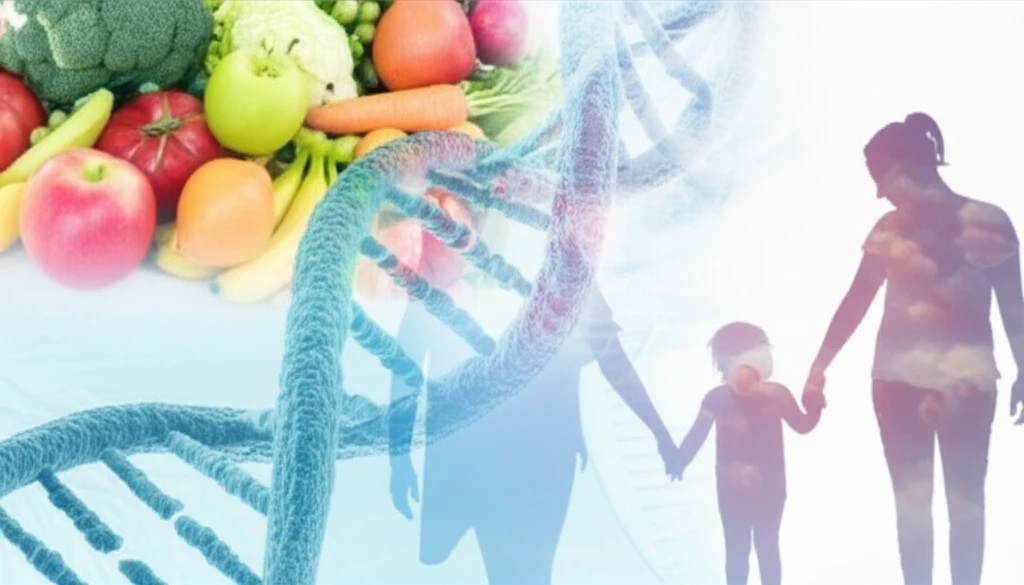
Unlocking Allergy Insights: Can Genetics and Diet Predict Your Child's Risk?
"New research explores how parental history, infant genetics, and maternal diet during pregnancy influence the development of food allergies in children."
Food allergies are a growing concern for parents worldwide, sparking countless questions about prevention and risk factors. While genetics undeniably plays a role, the influence of environmental factors, particularly diet and parental history, adds layers of complexity. New research is beginning to untangle these threads, offering potential clues for early intervention and personalized prevention strategies.
Recent studies presented in the Journal of Allergy and Clinical Immunology shed light on how parental allergic tendencies, combined with specific genetic variations in infants and maternal dietary patterns during pregnancy, can affect the likelihood of a child developing food allergies. These findings highlight the intricate interplay between nature and nurture, paving the way for more targeted approaches to managing and potentially mitigating allergy risks.
This article delves into the key findings of these studies, breaking down the science into accessible information for parents and caregivers. We'll explore how parental allergy history and infant IgE levels, specific gene variants related to immune function, and prenatal dietary habits can either increase or decrease a child's susceptibility to food allergies, providing a comprehensive overview of the latest research in this dynamic field.
Decoding the Parental Allergy Connection: How Much Does It Matter?

For parents with allergies, a primary concern is whether their children will inherit the same sensitivities. A study examining data from 761 children in the WHEALS birth cohort in southeast Michigan sought to quantify this risk, considering factors like parental atopy (asthma, allergic rhinitis, food allergies), maternal IgE levels, and infant sensitization to common allergens like milk, egg, and peanut.
- Key Findings:
- Parental allergy history alone is not a definitive predictor of food allergies in children.
- The combination of maternal atopy and elevated IgE levels is more predictive in African-American children.
- These factors had less predictive power in non-African American children in the study.
Empowering Parents with Knowledge: Informed Choices for a Healthier Future
While research continues to unravel the complexities of food allergies, parents can take proactive steps to promote their children's health. Consulting with allergists and pediatricians, understanding family allergy history, and being mindful of maternal dietary choices during pregnancy are all valuable strategies. By staying informed and working closely with healthcare professionals, parents can navigate the challenges of food allergy prevention and create a supportive environment for their children to thrive.
